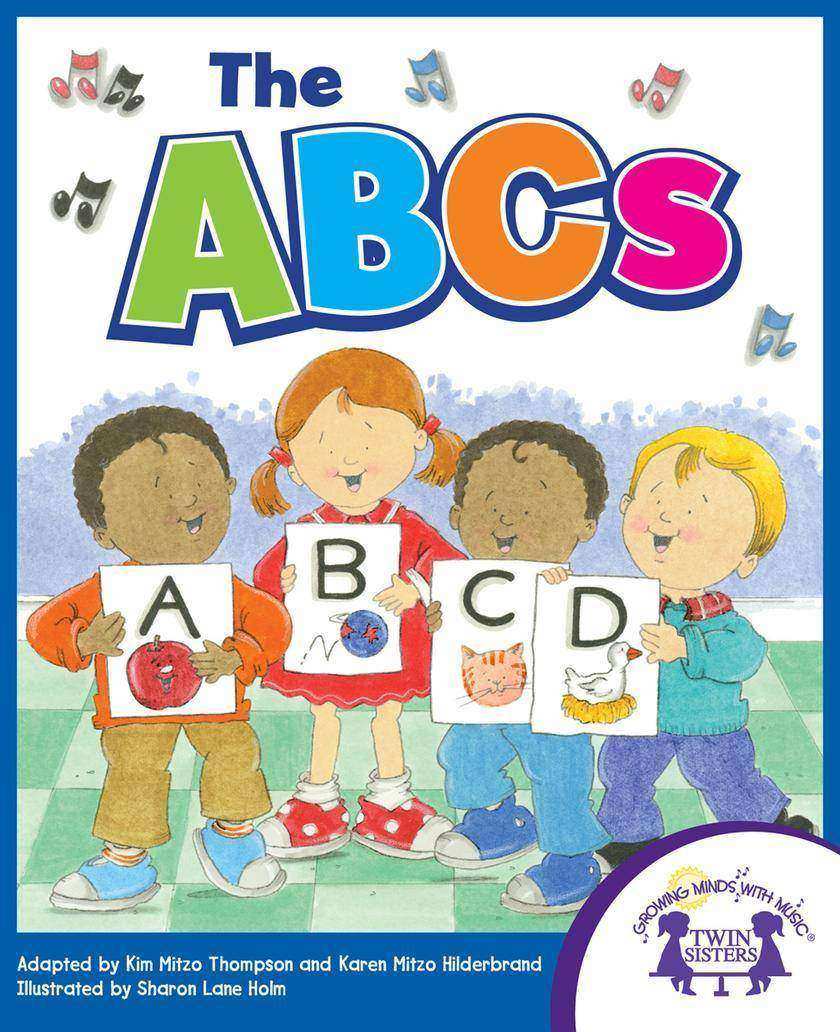
The ABCs
¥24.44
The ABCs

The Farmer In the Dell
¥24.44
The farmer in the dell.

The Night-Night Song
¥24.44
It's night-night time,” said Mama Bear as her little cub yawned, then smiled.
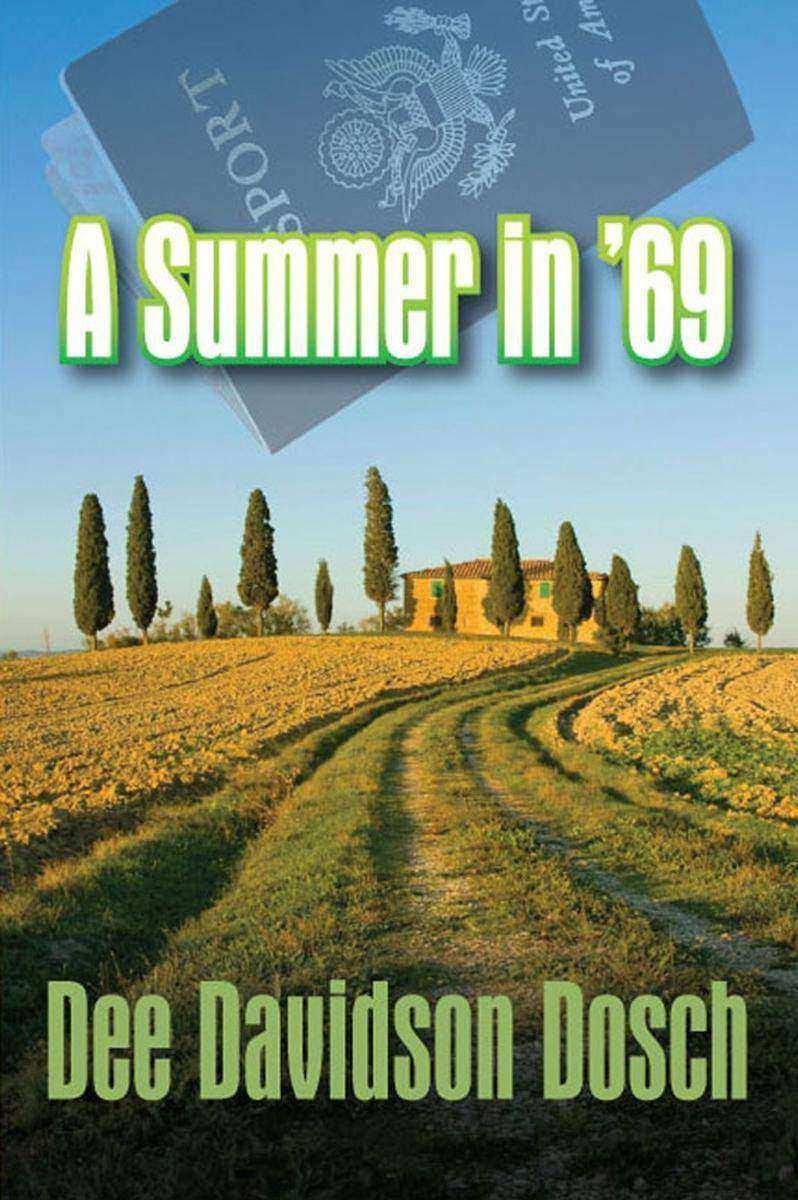
A Summer in '69
¥24.44
After living in the Midwest most of my fifty-plus years, I moved to the beautiful northwest state of Washington. My son and his wife lived in the Seattle area, and they were expecting my first grandchild. Despite the fact that I left my friends in Colorado by choice, it was no less difficult making new friends in the town in which I was residing.
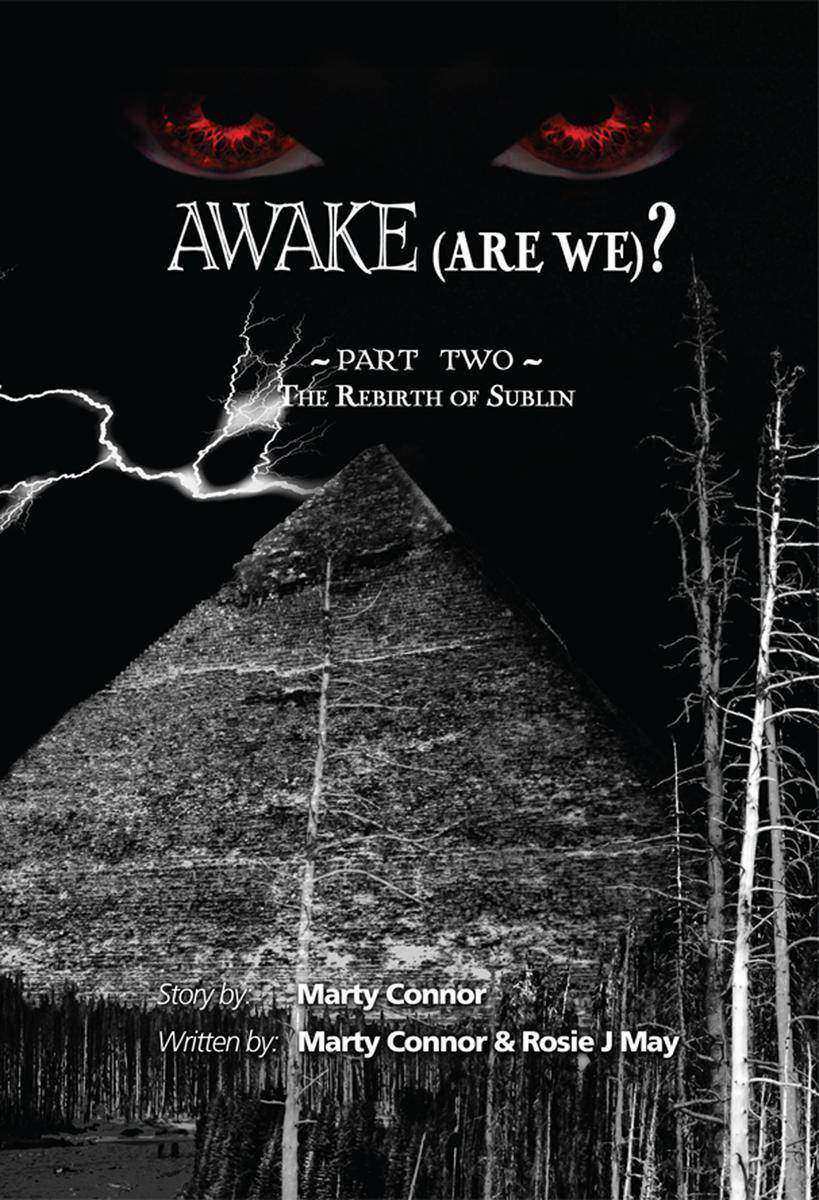
Awake (Are We?)
¥24.44
Eleven years on from the Great War, Lord Connor finds himselfonce more thrown into the depth of battle. This time his journeytakes him and his friends Will, Jasmine and Kustos into thenon-returnable world of Judgment. Here they face once more theirnemesis Volnar who somehow managed to escape his eternalpunishment. Advised by , a native of Judgment, the quartetsplit up in search of Hunter and Armon who they believe can helpthem defeat the Dark Lord once and for all. Each expedition isfilled with danger and both Connor and Will call upon new skillsand friendships to aid them through the ordeal to face the finalshowdown About the Author: Marty Connor and Rosie J May live inPortsmouth, England. Marty is an IT administrator and Rosie is aSenior Technology Project Manager. Marty was motivated to write theAwake series to honor the lives of his grandparents. This is thethird book in the saga. The next two installments continue with theadventure, and finally bring the story to its conclusion.Publisher's Website: http://sbpra.com/MartyConnor Author's Website:www.awake-are-we.com
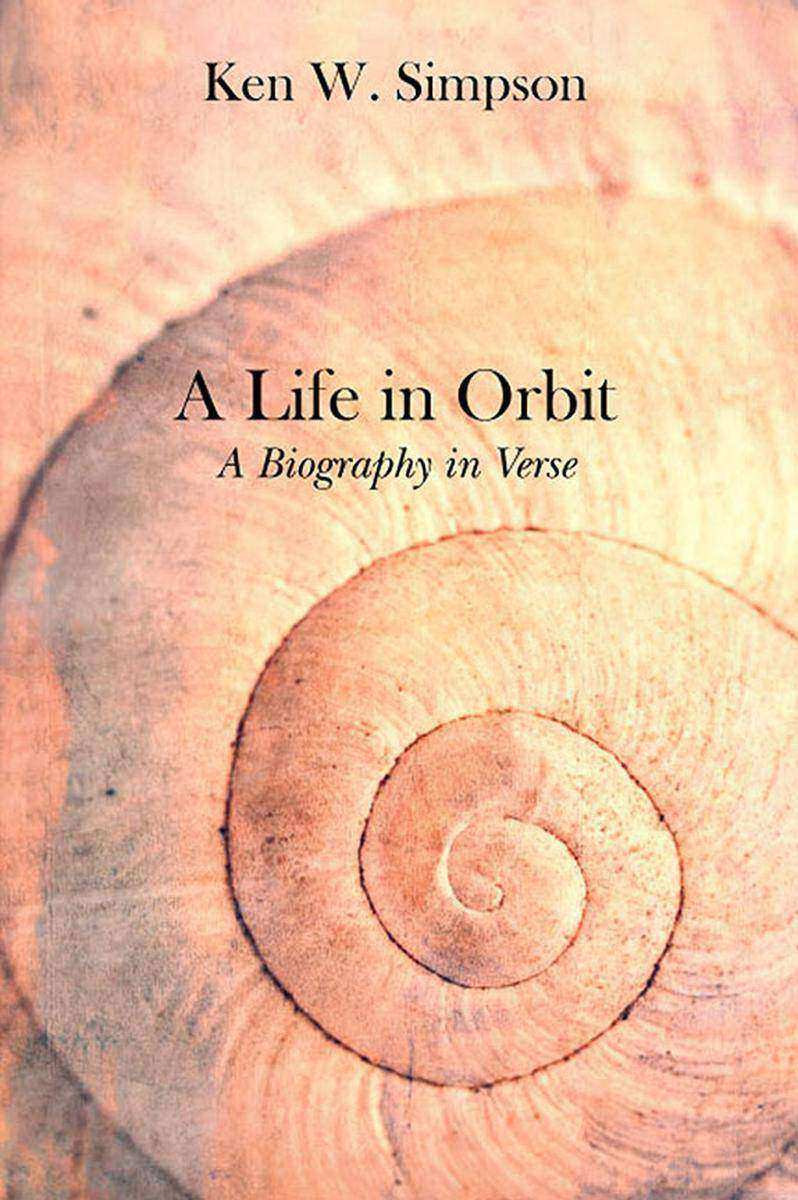
A Life In Orbit
¥24.44
In my first book of poetry and prose, The Learning Process, Iexplored many themes. For my second book, A Life in Orbit, Idetermined to try something novel and new: a biography in verse. Itwas a daunting project because I had to revisit my past andtranslate my thoughts and memories into a discipline of words,lines and verses. I was handicapped to an extent by the restraintsimposed by the narrative style. I had to write truthfully, andwithout embellishment in four-line stanzas, within the time spanand framework of eleven periods of my life. These periods variedboth dramatically and traumatically, but I averaged around fortyverses for each period. This book dates from 1932 to 2012. Thecharacters include my parents, siblings, relatives, friends,teachers at school and university, teaching associates, travellingcompanions, poets, personal friends, as well as personalities andpolitical figures of the times. I have suffered, but I have alsotriumphed. Here is my story in prose. Ken W. Simpson was brought upin South Camberwell, a Melbourne suburb in the Australian state ofVictoria. He taught art and crafts in technical schools for fifteenyears before retiring. "I began writing short stories until Idiscovered my love for poetry." His first book The Learning Processwas published by Strategic two years ago. He lives with his familyin Lysterfield, suburban Melbourne. Publisher's website:http://sbpra.com/KenWSimpson
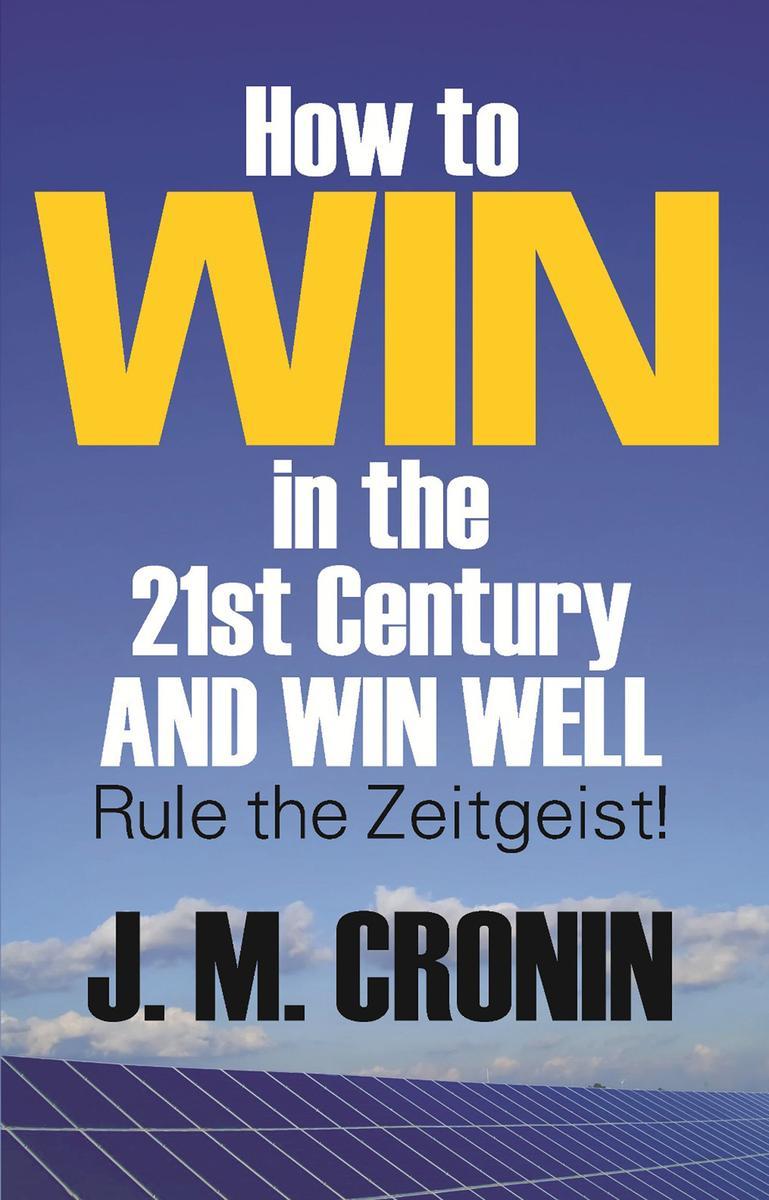
How to Win in the 21st Century and Win Well
¥24.44
Energy, in the form of electricity, can be generated in solar factories, and this will lead to almost full employment, independence, and peace.

Old MacDonald's Letter Farm
¥24.44
Old MacDonald's Letter Farm

Santa's Coming
¥24.44
Santa's Coming
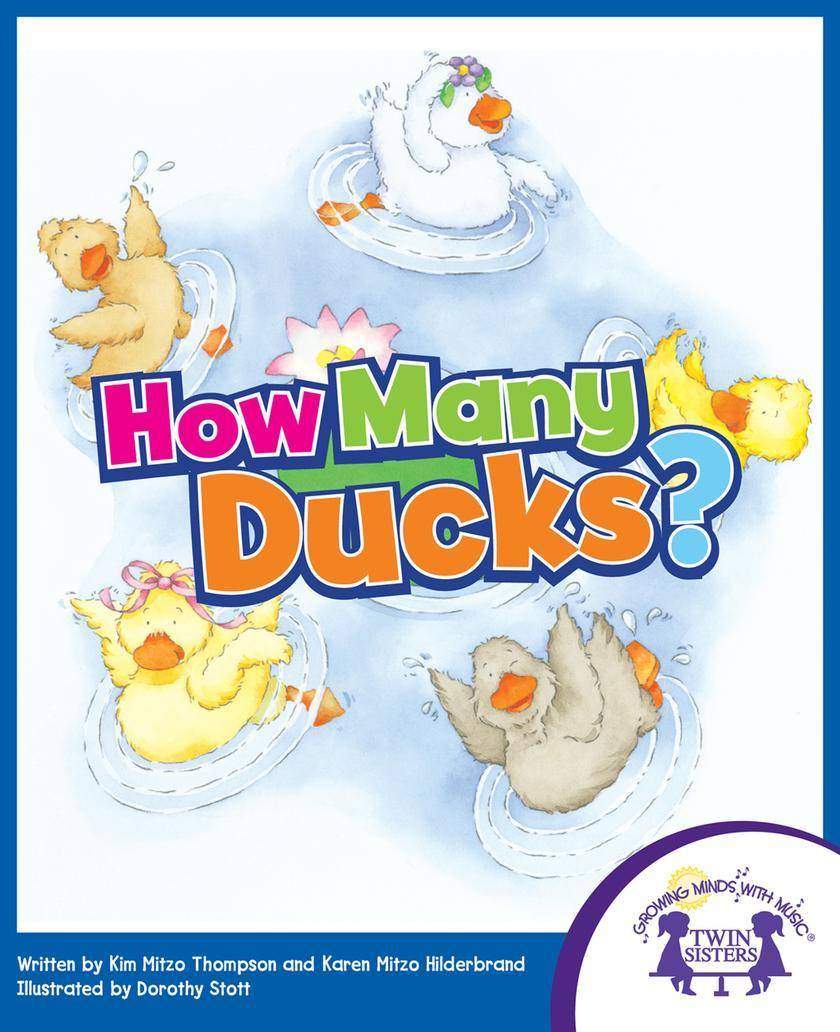
How Many Ducks?
¥24.44
One little duck was swimming in a pond.
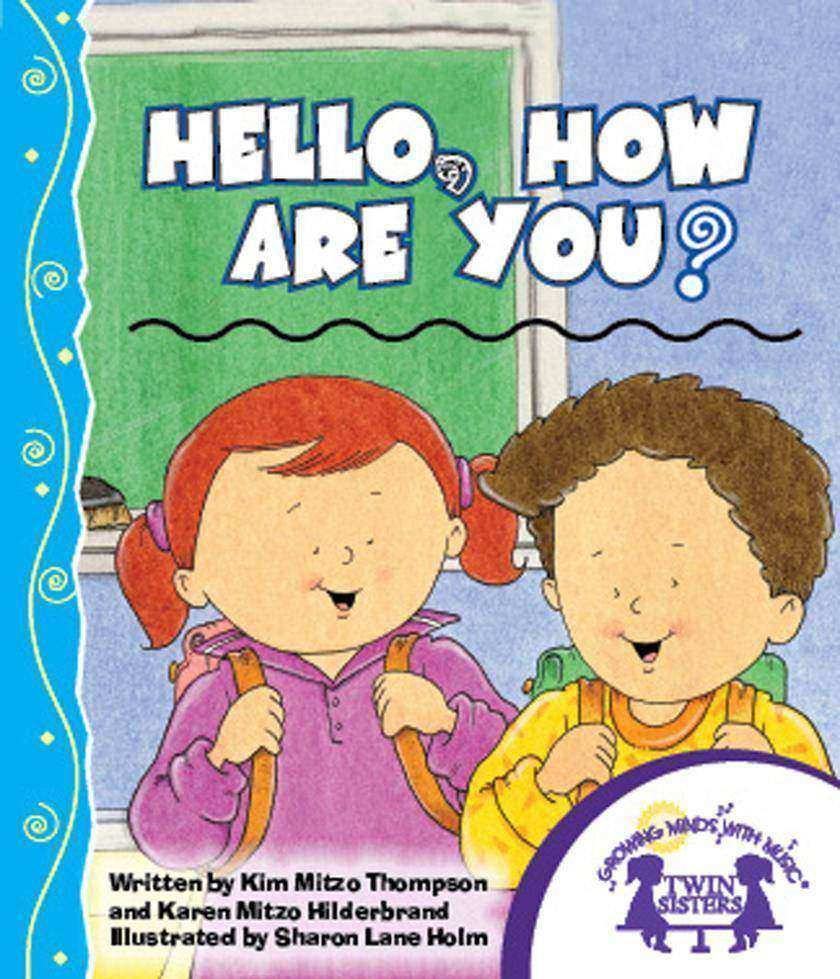
Hello, How Are You
¥24.44
"Hello. How are you?" "I am fine. How are you?"

This Old Man
¥24.44
This old man, he played one . He played knick knack on my thumb .

A Rainbow of Birds
¥24.44
Papa Cardinal and his chicks huddled in a rose bush. Raindrops splish-sploshed all around them.

Holiday Surprise
¥24.44
Holiday Surprise

Peek-a-Boo at the Zoo Sound Book
¥24.44
Peek-a-Boo at the Zoo Sound Book
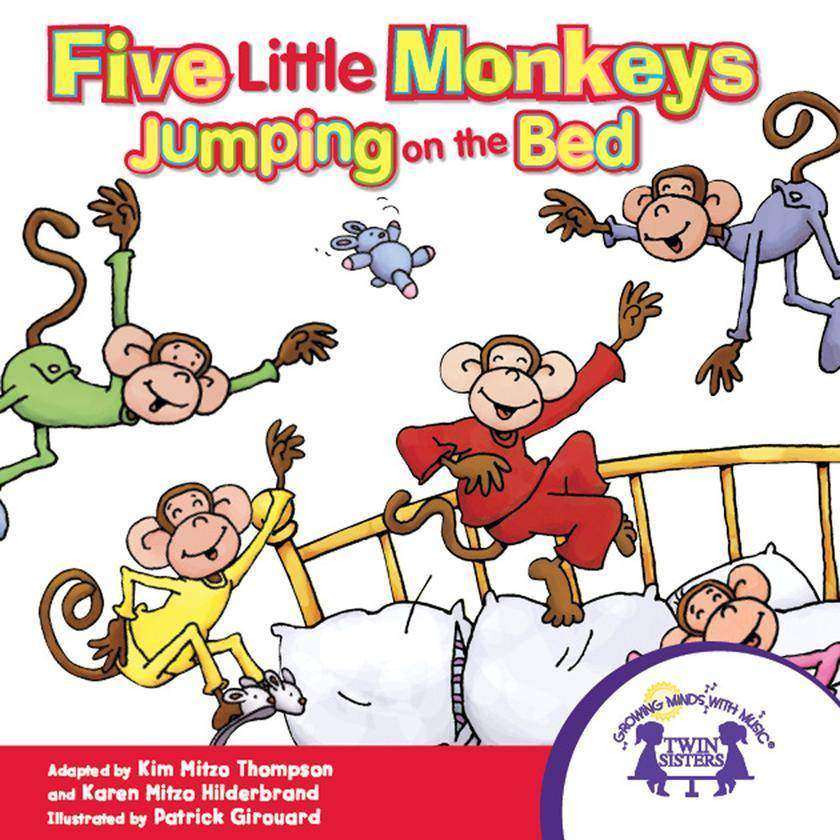
Five Little Monkeys Jumping on the Bed
¥24.44
Five Little Monkeys Jumping on the Bed

En El Zoológico
¥24.44
En El Zoológico

Viva! El Sabado
¥24.44
El domingo mi familia va al parque.

Wild Animals
¥24.44
Wild Animals
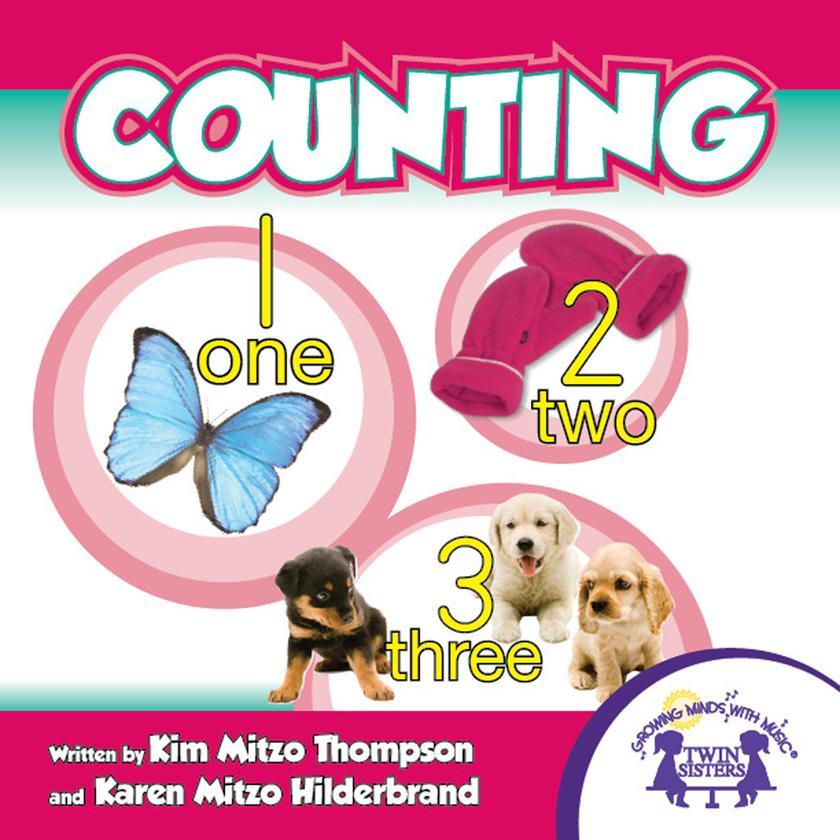
Counting
¥24.44
Counting 1 to 10
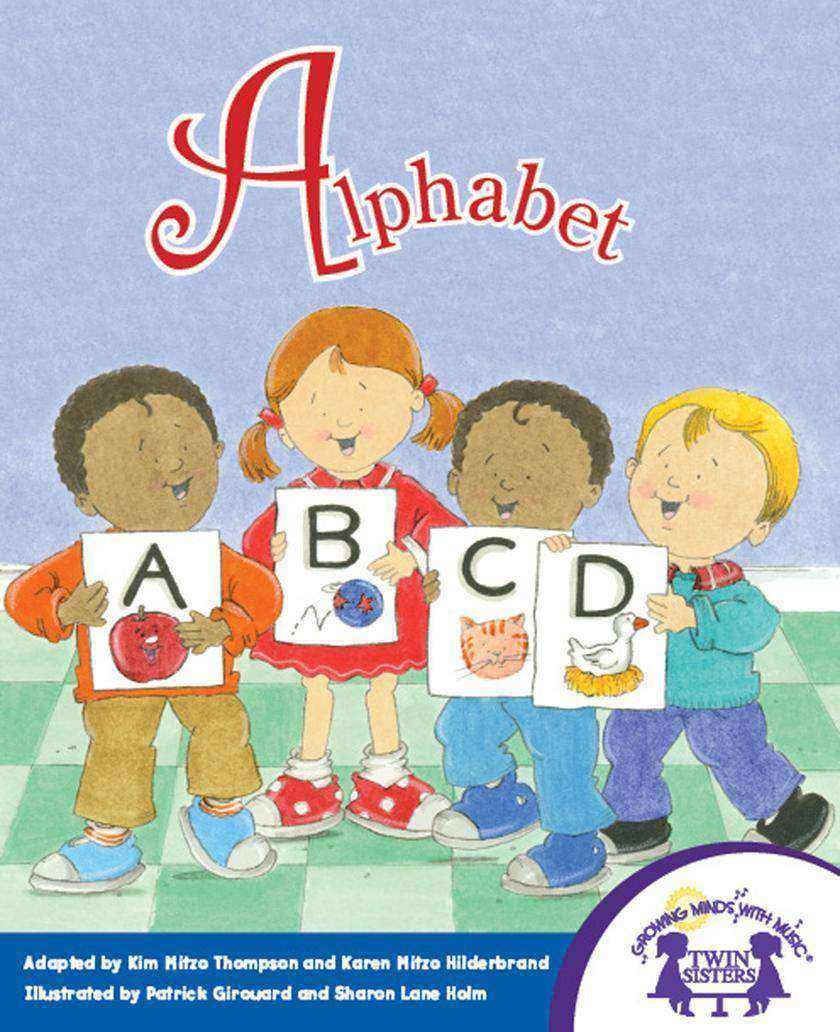
Alphabet Collection
¥24.44
Now I know my ABCs, Next time won't you sing with me?




 购物车
购物车 个人中心
个人中心



